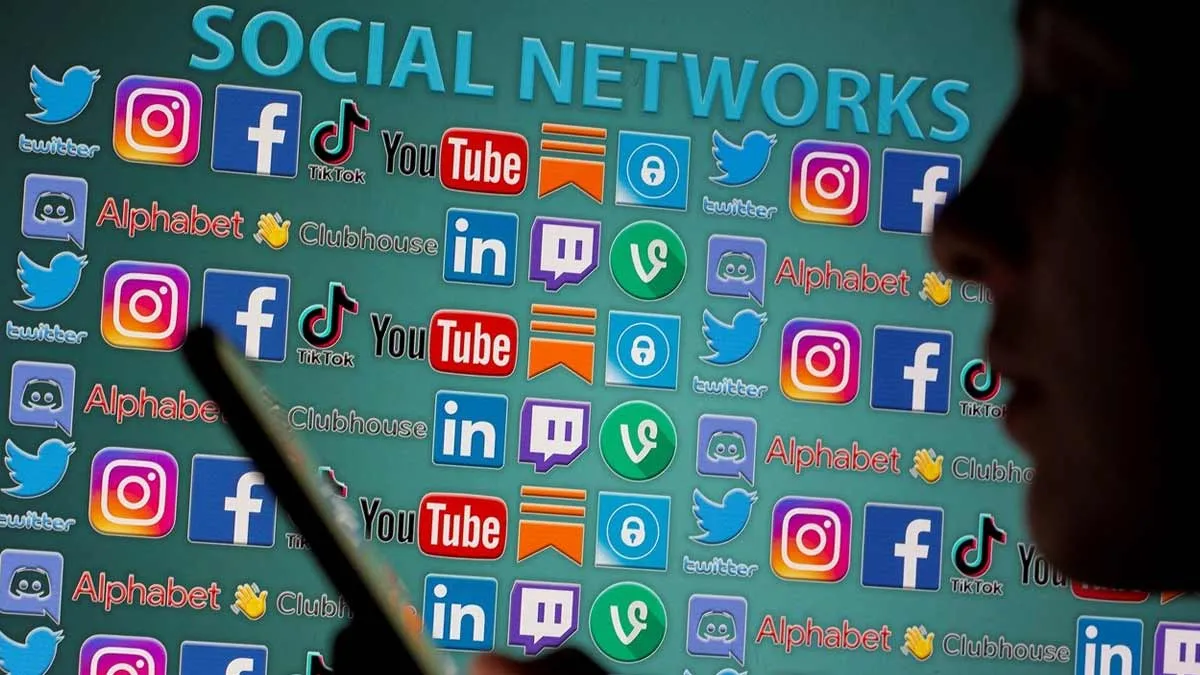
The Australian government recently made waves by setting a minimum age of 16 for social media use, aiming to protect young people from the potential dangers of digital platforms. Prime Minister Anthony Albanese, in his statement about the new policy, highlighted the pervasive concerns of parents and guardians over children’s safety online. This move reflects growing awareness about the impact of social media on mental health, physical well-being, and overall development in young users. Let’s explore the factors that influenced this decision and examine the potential harms of unrestricted social media access on young minds.
Table of Content:-
Understanding the Motivations Behind the Ban
Australia’s decision to restrict social media access to children under 16 is rooted in evidence that online platforms can impact younger users in harmful ways. Following the COVID-19 pandemic, online interaction spiked as digital spaces became essential for education, socializing, and recreation. However, prolonged exposure to these platforms without oversight has raised concerns about children’s exposure to inappropriate content, cyberbullying, and addictive usage patterns. Prime Minister Albanese has stated that the move is a response to widespread concern from parents and caregivers worried about the growing online vulnerabilities faced by children.

Mental Health Risks: Anxiety, Depression, and Body Image Issues
Unrestricted social media use has been linked to various mental health issues in children and teens, especially concerning self-esteem and body image. Many young users are exposed to a culture of comparison through filtered images and celebrity lifestyles, which can fuel insecurities and unrealistic expectations. For some children, especially girls, this can manifest in severe ways, such as poor self-image, body dissatisfaction, and even eating disorders. Psychologists note that children who spend excessive time on social media may be more likely to develop anxiety and depressive symptoms, especially when exposed to content that promotes unattainable beauty standards or highlights the "perfect" lives of others.
Moreover, the Australian government’s decision reflects research showing that younger users are particularly susceptible to the emotional toll of online interactions. Negative feedback, cyberbullying, and exclusion can have a lasting impact on children’s mental health, potentially leading to social withdrawal, stress, and loneliness. The age limit aims to provide children with more time to develop emotionally and socially before encountering such pressures.
Also Read: New Digital Health Program Reduces Depression Risk in Rural India, Study Shows
Physical Health Concerns: Sedentary Lifestyle and Sleep Disruptions
Another major concern associated with excessive social media use is its impact on physical health. Extended hours spent on digital devices contribute to a sedentary lifestyle, reducing the time children might otherwise spend in physical activities or outdoor play. Lack of physical activity in childhood has been linked to long-term health issues, including obesity, poor cardiovascular health, and weakened muscles.
Social media usage is also known to disrupt sleep, particularly when children stay up late scrolling through feeds. The light emitted from screens can interfere with the body’s natural sleep-wake cycle, leading to reduced or irregular sleep patterns. Over time, poor sleep can lead to further health complications, including weakened immunity, decreased focus, and behavioral issues. This age restriction is intended to mitigate these physical risks by encouraging healthier lifestyle habits from an early age.
Social and Emotional Development: The Risk of Isolation and Dependency
Social media can affect how children develop socially and emotionally. While platforms allow for virtual connections, they can also create a false sense of intimacy and connection, potentially isolating users from face-to-face relationships. Younger users, who are still learning social cues and communication skills, may become overly reliant on digital interactions, leading to difficulties in forming and maintaining relationships in real life.
In addition, children are at an impressionable age where they can be easily influenced by trends, opinions, and attitudes shared online. Without the maturity to critically evaluate content, they may adopt behaviours or ideas that could harm their social development and values. Restricting social media access gives children more time to mature and develop a healthier understanding of interpersonal relationships before navigating the digital world independently.
Also Read: Zika Virus Detected in Gujarat; Patient Recovers Fully and is Discharged
Shifting the Responsibility to Social Media Platforms
An essential aspect of Australia’s policy is that it places responsibility on social media companies to enforce the age restriction, rather than on parents or children. By shifting this onus, the government is compelling these platforms to implement stronger safeguards to protect young users. Social media companies may face penalties if they fail to prevent underage users from accessing their services, marking a notable shift in digital accountability.
The hope is that these platforms will take more proactive steps, such as enhanced age verification processes and stricter content moderation policies, to create a safer online environment. This also reduces the pressure on parents to constantly monitor their children’s online behaviour, giving them peace of mind that some external measures are in place to protect their kids.
Bottomline: Prioritizing Youth Well-Being in a Digital World
Australia’s new policy highlights a proactive approach to safeguarding young minds from the harmful effects of social media. With the pressures of social comparison, the risks to mental and physical health, and the potential for social media addiction, the age restriction aims to offer children more time to develop without the constant influence of digital platforms. While this age limit might seem restrictive to some, it reflects a growing understanding of the potential impact of social media on young people’s overall well-being.
Also watch this video
How we keep this article up to date:
We work with experts and keep a close eye on the latest in health and wellness. Whenever there is a new research or helpful information, we update our articles with accurate and useful advice.
Current Version